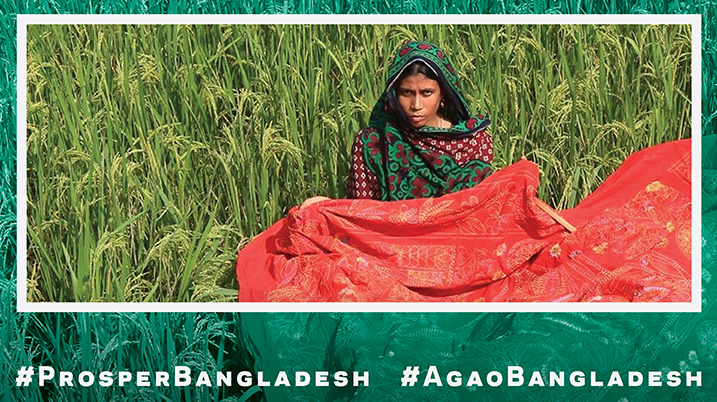Bangladesh’s leadership has long understood that its future prosperity is closely tied to educational progress. The government’s dedication to that idea is already bearing impressive fruit, as the percentage of students enrolled in primary and secondary schools grows, alongside gains in poverty reduction and other significant advances in human development.
Those efforts extend to the higher education sector, where the government works to improve opportunities to build Bangladesh’s capacity to produce new technologies and for its students to seize opportunities in a global economy that increasingly puts a premium on knowledge.
The Higher Education Quality Enhancement Project (or HEQEP) is one of Bangladesh’s primary implements in this quest. With World Bank support of $238.1 million since 2009, HEQEP’s toolbox includes a funding mechanism known as the Academic Innovation Fund (or AIF), which offers public and private universities competitive grants for gains in teaching and learning, enhancements to academic research and innovative research that results in technology transfer to the private sector and university-industry collaboration.

